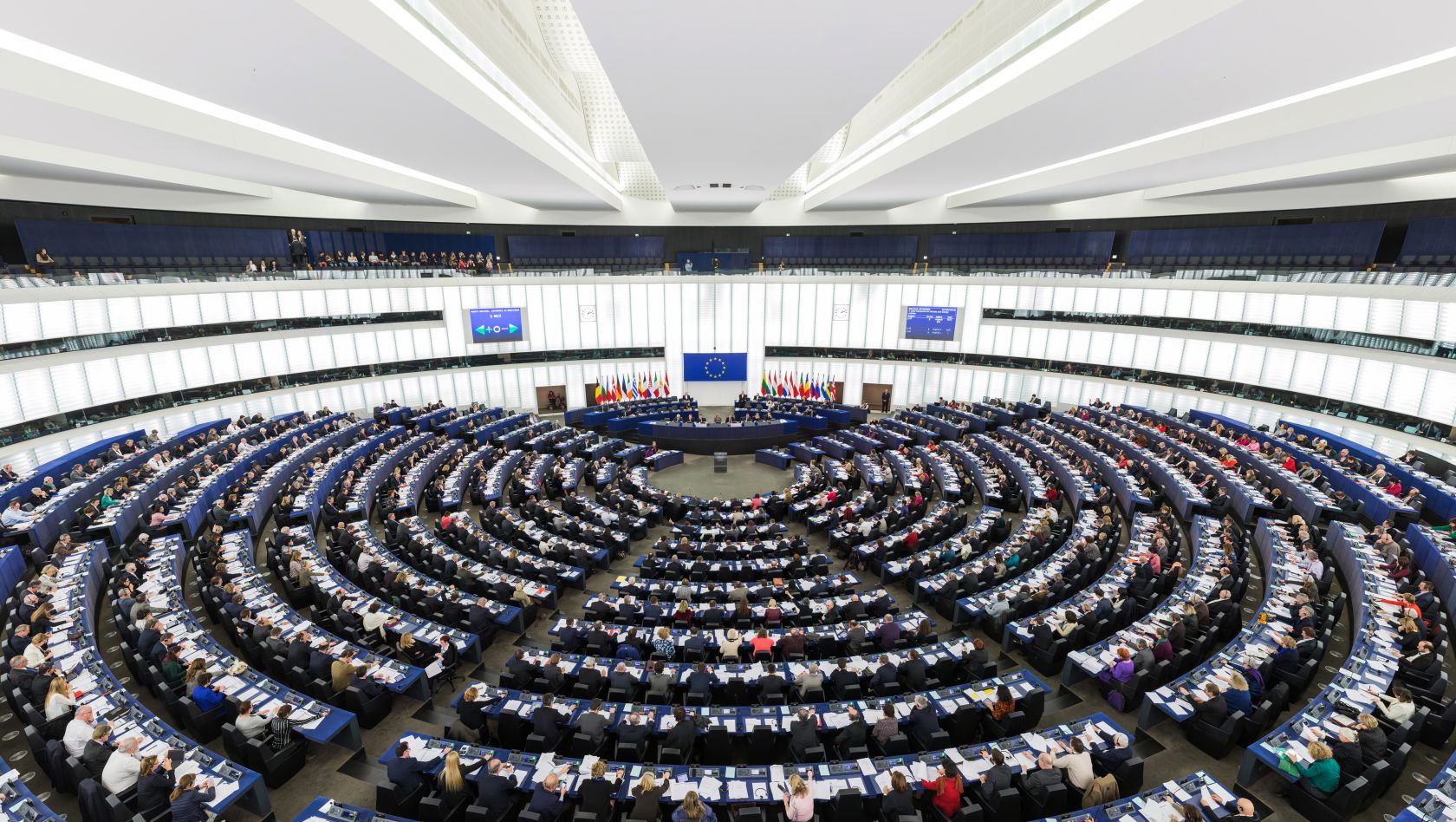The European Union (EU) was founded by six countries: The Netherlands, Luxembourg, Italy, France, Germany and Belgium. The six countries united after World War II, after having their countries destroyed by the battles that occurred during the war. The six countries found a way to not only end the conflicts but also to support and enhance the economies of each other. Thus, in 1957 the European Coal and Steel Community was founded, becoming later not only a network for coal and steel but also other economic and social issues, being then called the European Economic Community (EEC). It was in 1993 that the former EEC started to be called the European Union.
The European Parliament
It was on 19 March 1958 that, for the first time, the European Parliament reunited to discuss and shape new ideas for the community.
Currently, 27 countries are part of the EU, meaning that 27 countries will together discuss and shape laws to be applied to all the state members. In 2024, European citizens have the right to head to the polls and decide which representative they want to represent their country in the European Parliament. On 9 June 2024, European citizens will select a total of 750 MEPs. After the members are selected, they will be divided into political groups, separated by political ideology.
Portugal will elect 21 MEPs to the European Parliament, which means that, at the polls, Portuguese citizens will vote on one of the parties they already recognise from previous elections. After the counting of the votes, it will be enumerated how many members each party nominated, then the MEPs are divided into the European political groups.
There are seven political groups in the European Parliament: European Peoples Party; Progressive Alliance of Socialists and Democrats; Renew Europe; The Left Group in the European Parliament; Greens/European Free Alliance; Europeans and Reformist; Identity and Democracy. For example, each member elected by the PSD will join the European Peoples Party, and PS members will join the Progressive Alliance of Socialists and Democrats. There is always a chance of joining the Parliament as an independent, not joining any of the political groups.
The main Portuguese candidates
Every party elected to the Portuguese Assembly of the Republic presented a main candidate for being elected a MEP. However, other parties, that are not part of the Assembly have also presented their candidates.
Starting with Aliança Democrática (AD), the main candidate is Sebastião Bugalho, known for being a political commentator on the Portuguese TV channel SIC. He studied Political Sciences, however, Sebastião Bugalho is also a journalist who writes for newspapers like Expresso.
Partido Socialista (PS) decided to choose Marta Temido as the main candidate for the European Parliament. The former Health Minister is already known by the Portuguese people, especially because of her work during the beginning of the Covid-19 pandemic.

Chega’s main candidate will be António Tânger Corrêa, the vice president of the party’s national directorate. The candidate has also experience as a diplomat, as was the Portuguese ambassador in countries like Bosnia, Serbia, Israel, Egypt, Qatar, and Lithuania. António Corrêa has also worked as consul general of Portugal in Goa and Rio de Janeiro.
Iniciativa Liberal (IL) decided that their former leader João Cotrim de Figueiredo would be the best person to be the main candidate of the party. Catarina Martins will be the main candidate for the European Parliament by Bloco de Esquerda (BE), after leaving the leadership of the party in 2023.
Coligação Democrática Unitária (CDU) choose João Oliveira, being a deputy in the municipal assembly of Évora. Still, on the left wing, Francisco Paupério was the choice of LIVRE to represent the party in the European Parliament.
Pedro Fidalgo Marques is the main candidate for Pessoas, Animais e Natuza (PAN) to the European Parliament.
How to vote?
In Portugal, the elections will take place on 9 June. Each citizen must vote at the polls where they reside, however it is possible to vote sooner, in other parts of the country. To do this, citizens must apply to that on the elections website (https://www.votoantecipado.pt/) from 26 to 30 May, then choose where they want to vote.
To help decide the vote, the Portuguese TV channels will broadcast debates with all the main candidates, so the ideas of each party, for the European Parliament, may be discussed live on TV.









